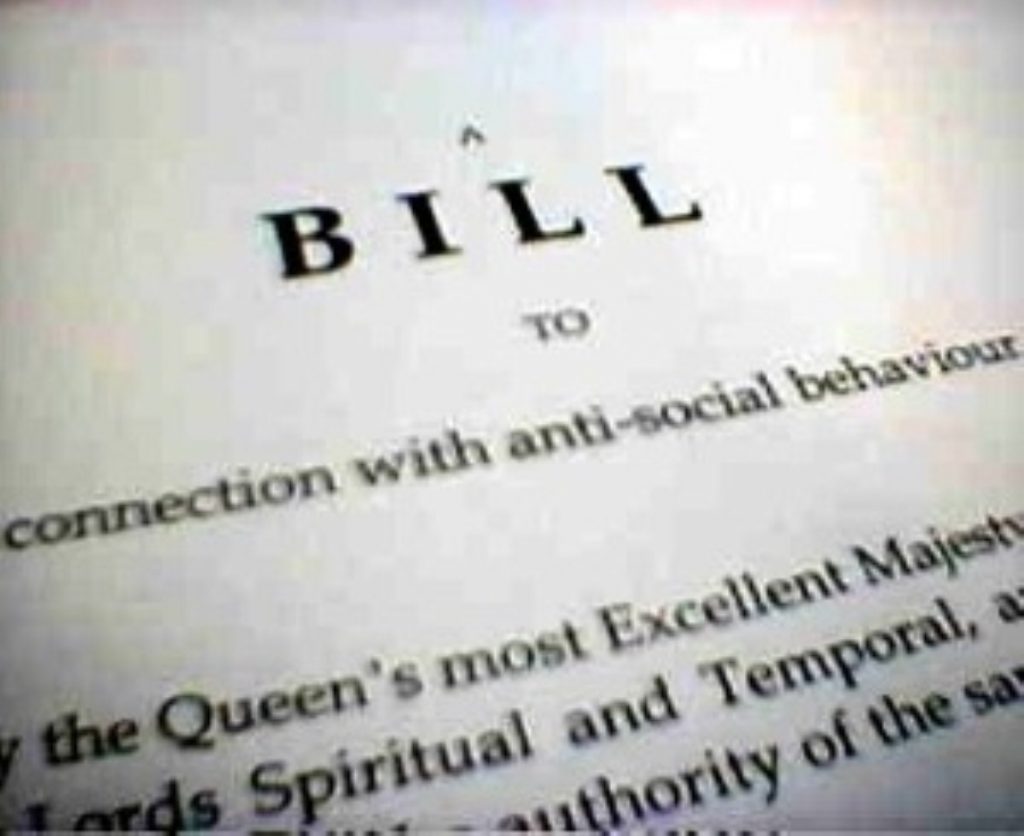Public to scrutinise coroner reform plans
New legislation to modernise the coroner system is to be scrutinised by members of the public with direct experience of inquests, it has been announced.
In the first consultation of its kind, eight women and four men will have a chance to go through the draft coroner reform bill line by line and have their say on its proposals.
The bill was introduced to close loopholes in the coroner system highlighted by murderer Harold Shipman, the GP who was able to kill more than 200 patients without detection.
It will give families a new right to demand a second opinion on the death of a relative, as well as improving national leadership and the professional conduct of coroners.


“This new law is supposed to make the inquest process better for bereaved relatives. So who better to help us be sure that the law will do what we hope,” said constitutional affairs secretary Harriet Harman.
“This is as much about a better way of making new law as it is about putting bereaved people at the centre of a service designed to help them. It aims to ensure that MPs are better informed and we get the best law possible.”
The 12-person panel, which includes people from Dorset, Watford, North Yorkshire, Preston and Penarth among other areas who have all had experience of the coroner system, will meet at Westminster on October 14th.
Ms Harman refused to say how far the concerns raised would result in amendments to the bill, but stressed that the panel’s input would help MPs debating the coroner bill, many of whom would have no personal experience of the system.
“Bereaved families will help parliament shape a better inquest service,” she said.
The coroner bill has already come under fierce criticism, most recently by the constitutional affairs select committee, which warned it was just “tinkering around the edges” and failed to tackle the key problems in the coroner system.
A key recommendation from Dame Janet Smith’s five reports into the Shipman murders was that all deaths should be automatically investigated by a coroner, rather than simply at the request of the certifying doctor as at present, but this is not included in the bill.
The select committee also criticised the funding available for the proposed reforms, hailed as the biggest overhaul of the coroner system for 700 years, warning that it would do little to lift this “seriously under-resourced service from its current state of neglect”.

